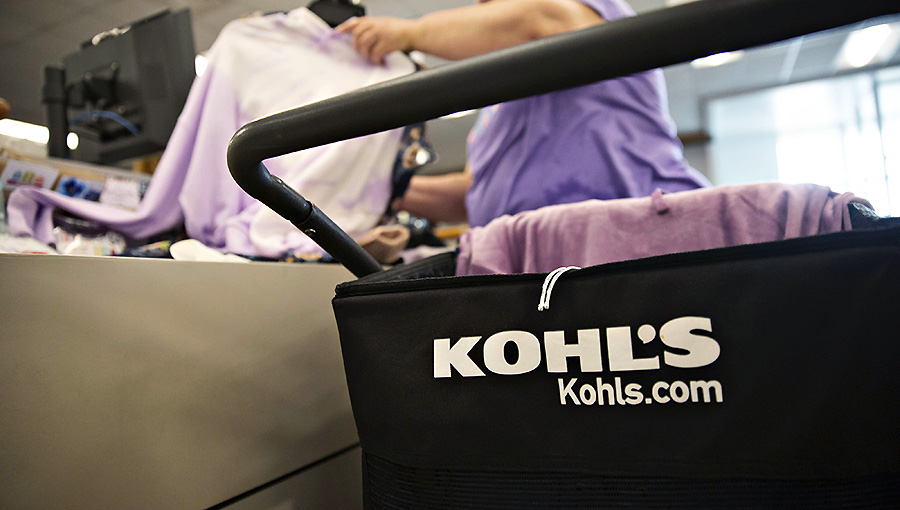Kohl’s reported a loss in the second quarter on a 23.1 percent revenue decline but both exceeded Wall Street’s consensus targets. The retailer also noted that disciplined management of expenses and inventory resulted in positive operating cash flow in the period.
In the quarter ended August 1, earnings reached $47 million, or 30 cents a share, down 80.5 percent from $241 million, or 1.51, a year ago. The latest period benefited from a gain on sale of real estate.
Excluding impairments, store closing, and other costs and the gain on sale of real estate, the loss on an adjusted basis was $39 million, or 25 cents a share, against earnings of $247 million, or $1.55, a year ago. Wall Street on average was expecting a consensus loss of 88 cents.
Sales fell 23.1 percent to $3.41 billion from $4.43 billion. Wall Street’s consensus target had been $3.09 billion.
Kohl’s is not reporting comparable sales due to store closures.
Gross margin in the quarter eroded 569 basis points to 33.1 percent from 38.8 percent.
Selling, general, and administrative (SG&A) expenses were down 17.3 percent to $1,05 billion from $1.27 billion a year ago. As a percent of sales, SG&A increased to 30.8 percent of sales from 28.6 percent a year ago.
Kohl’s said it strengthened its financial position during the quarter, ending with $2.4 billion in cash. Disciplined management of expenses and inventory resulted in positive operating cash flow.
Inventories were down 26.2 percent to $2.7 billion from $3.66 billion. Cash and cash equivalents reached $2.44 million against $625 million a year ago.
“Our organization continues to navigate through a period of extraordinary change and uncertainty presented by the COVID-19 crisis. During the second quarter we made significant progress in rebuilding our business. We reopened all of our stores with new safety and operating procedures, accelerated digital growth, and showed great discipline in managing inventory and expenses meaningfully lower. In doing so, we generated positive operating cash flow and further enhanced our financial position,” said Michelle Gass, Kohl’s CEO.
“As we look ahead, we are planning for the crisis to continue to impact our business in the near-term,” said Gass. “We are well-positioned to capitalize on evolving customer behaviors and the retail industry disruption, which we believe will drive long-term growth and increased market share.”
Photo courtesy Kohl’s















